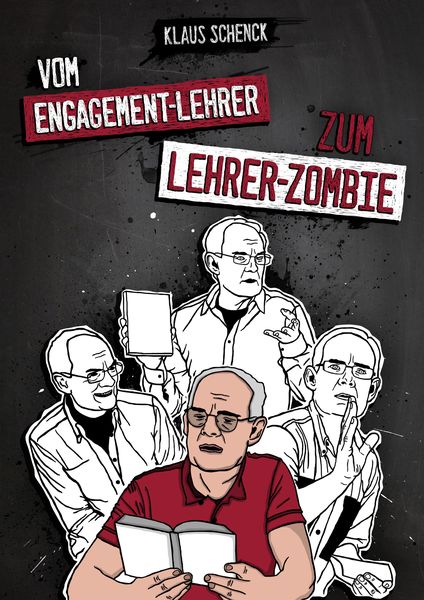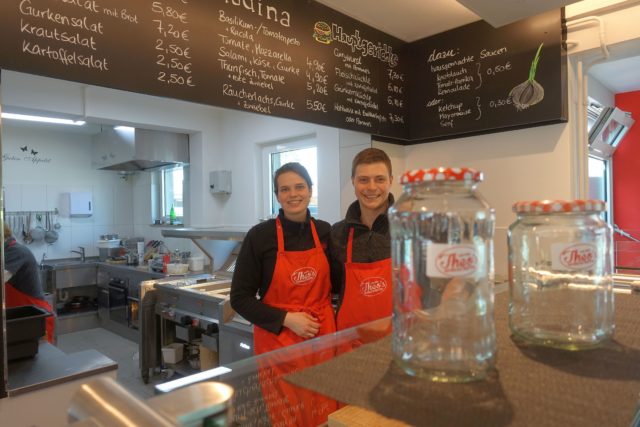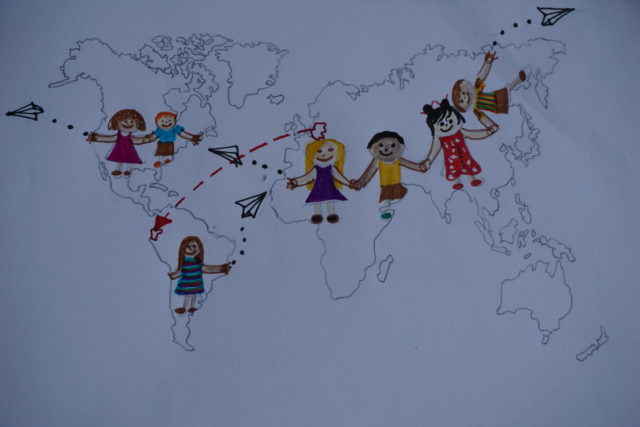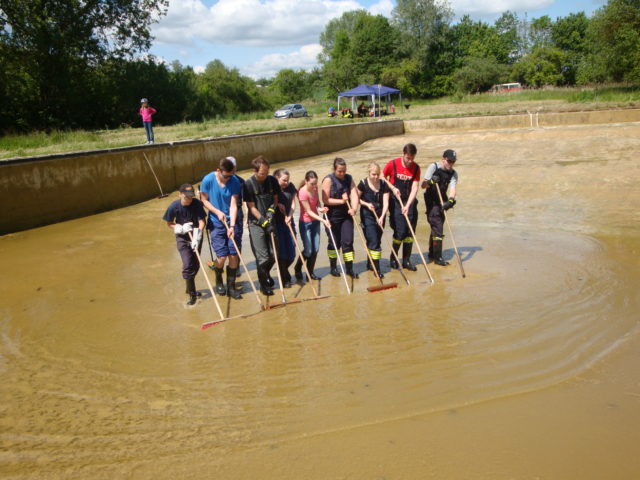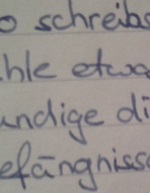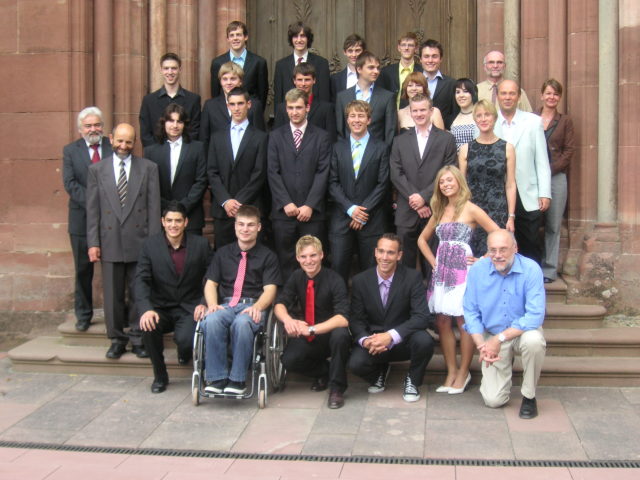
Nach über fünf Jahrzehnten traf ich meinen englischen Austauschpartner aus Schülertagen, Peter Hadfield, wieder. Er ist ein anerkannter Journalist und arbeitet u.a. für die BBC. Ich bat ihn, für die “FT-Seite” einen kurzen Artikel über sein neuestes Projekt zu schreiben. Sein Text in Englisch ist gut zu lesen. Ein Wort musste ich allerdings googeln: “pangolin” = Schuppentier. Interessante Lektüre! Klaus Schenck
One of the best lessons I have learned in life is that if you do a job you love, life is like a permanent holiday. And that’s the job I’ve been lucky enough to have for the last 34 years.
I work as a freelance journalist, mostly in radio, for the BBC in the UK, CBC in Canada and ABC in Australia. Most of my reporting is in East Asia. For 16 years I was a correspondent in Tokyo, but for the last 20 years I have been based in Australia. Most of what I do now are half-hour feature stories.
I have just returned from Malaysia, where I was doing a story on the destruction of mangroves to make way for shrimp farms. The assignment took me down the west coast of Malaysia and up several rivers by boat.
And before that I was in Vietnam, doing a story about an environmental group called Save Vietnam’s Wildlife which I will tell you a bit about.
The NGO was founded by a man called Thai Van Nguyen, who managed to successfully expand a non-government organization in a country where the government usually likes to have complete control. As a child, he had been upset at the sight of a local poacher killing a pangolin mother and her baby, and that became his motivation to try to stop the illegal poaching and trafficking of pangolins.

As an adult, Thai started his NGO and collected enough donations to begin anti-poaching patrols. Soon his team was rescuing animals from traps in one of Vietnam’s largest national parks, Pu Mat, and caring for them in rescue centres. The rescue centres also looked after animals that had been intercepted from animal-smuggling gangs. If the animals were well enough after treatment, the rescue centre staff would re-release them back into the wild.
I went to Cuc Phuong national park to interview Thai. Then I went to Pu Mat national park, in the central highlands of Vietnam, to spend the day on patrol with the anti-poaching team. Pu Mat a dense forest that stretches all the way to the border of Laos. It’s broken only by huge stumps of rock that rise out of the jungle. On the edge of the forest is the Save Vietnam Wildlife rescue centre.
While I was there, I stumbled across met two German volunteers, David and Dorothy, from Baden-Wuerttemberg.
“We’re here for one year,” David explained, “to clean the enclosures and prepare food for the animals. We don’t have any experience, we just heard about this on the internet through a program called [bezert??]. There were other people trying to get into the programme, so I’m happy and lucky to be here.”
“We’ve only been here a month,” said Dorothy, “but we’re learning more and more every day. They’re teaching us so we can do a lot of the work ourselves, it’s really good. A lot of the animals come to the rescue centre after traffickers try to smuggle them across the borders, and the police find them.”
David and Dorothy showed me round the enclosures, where gibbons, slow loris, pangolins and turtles were being cared for.
“Only one keeper here can speak English, so there’s a language barrier,” said Dorothy. “That’s one of the difficulties.”
“The other difficulty is that we get a lot of invitations,” said David. “We thought it would be so remote and quiet here in the national park, but we get invited to these huge weddings all the time.”
Apart from rescuing animals and catching poachers, one of Save Vietnam Wildlife’s most important roles is education. They’re hold special classes in the schools, teaching children about the importance of Wildlife.
“Vietnamese people love animals,” Thai told me, “but they love them in the wrong way. They see animals either as pets or as food. We’re trying to show them that animals are important for Vietnam, and important for our ecosystem. Their home is not your home – their home is the forest.”

Artikel und Fotos: Peter Hadfield
Materialien für Lehrer und Schüler
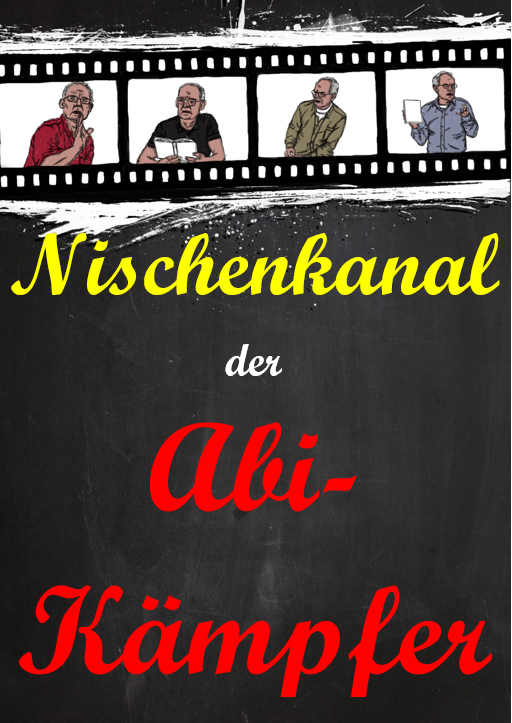
- Welche Idee steckt dahinter: „Der Nischenkanal der Abi-Kämpfer“: https://www.schuelerzeitung-tbb.de/der-nischenkanal-der-abi-kaempfer/
- Aktuell: „Psychologie-Tipps für die Schule“, neurologisch-psychologische Forschungsergebnisse in Blick auf Handys und soziale Medien: https://www.schuelerzeitung-tbb.de/alle-vorsaetze-sind-fuer-den-arsch-wenn-man-sich-nicht-daran-haelt/
- Disziplin – Erfolgsfaktor in der Schule: „Die Macht der Disziplin“: https://www.schuelerzeitung-tbb.de/disziplin-erfolgsfaktor-in-der-schule-einfuehrung/
- Artikel-Serie: „Die Stillen in der Schule“ – Schüchternheit/Introversion: https://www.schuelerzeitung-tbb.de/die-stillen-in-der-schule-1-vom-glueck-der-introversion/
- Jugend im Selbstspiegel – eigene Texte mit Zeichnungen: https://www.klausschenck.de/ks/jugendseiten/jugend-im-selbstspiegel—lesung/index.html
- Stärkung aus dem Psychologie-Unterricht: https://www.klausschenck.de/ks/psychologie/psychologie-unterricht-als-staerkenseminar/index.html
- Artikel-Serie (22 Artikel): „Schülerzeitungsermutigung – Rückblick auf über zehn Jahre“: https://www.schuelerzeitung-tbb.de/redaktionsgroesse-zwei-pizza-regel/
- Populismus gegen den Lehrerberuf durch das Kultusministerium: „Faule Säcke, werdet Lehrer!“: https://www.schuelerzeitung-tbb.de/faule-saecke-aller-laender-werdet-lehrer-in-baden-wuerttemberg/
Für 2025: Nicht piensen + klagen → anpacken + tun!
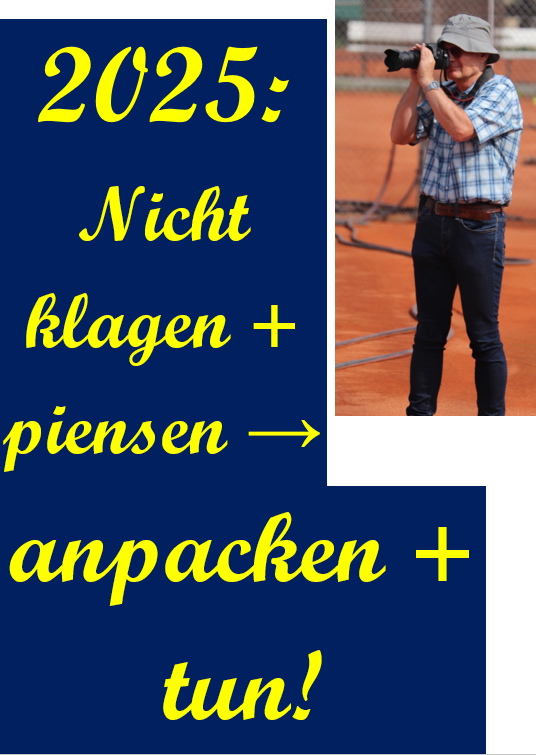
Für ukrainische Jugendliche habe ich meine Internetplattform zur Verfügung gestellt. Gleiches wollte ich jüdischen Jugendlichen anbieten und mailte alle jüdischen Gymnasien an – bis jetzt ohne Antwort. Mir wäre wichtig gewesen, jüdisches Leben in Deutschland sichtbar zu machen. Ich bereite für Oberstufenschüler kostenlos im Internet die aktuellen Deutsch-Abi-Werke vor, schreibe für das städtische Mitteilungsblatt und ein Infoblatt in Arosa und als Pressewart für unseren Tennisclub. Alles nichts Weltbewegendes, aber es ist ein konkretes Tun, ein konkretes Engagement, ein konkreter Dienst für andere. Das nimmt mir das sinnlose Grübeln, Ängstigen und Verzweifeln an einer Welt, der ich mich hilflos ausgeliefert fühle.
Für 2025: Träumen, Wollen, Tun, Bekommen!
Der „Wenn“ und der „Hätt“ henn noch nie was g´hätt.
Klaus Schenck
„Gebt nicht auf! Für den Triumph des Bösen braucht es nur eines – die Untätigkeit der Guten.“ (Nawalny)

